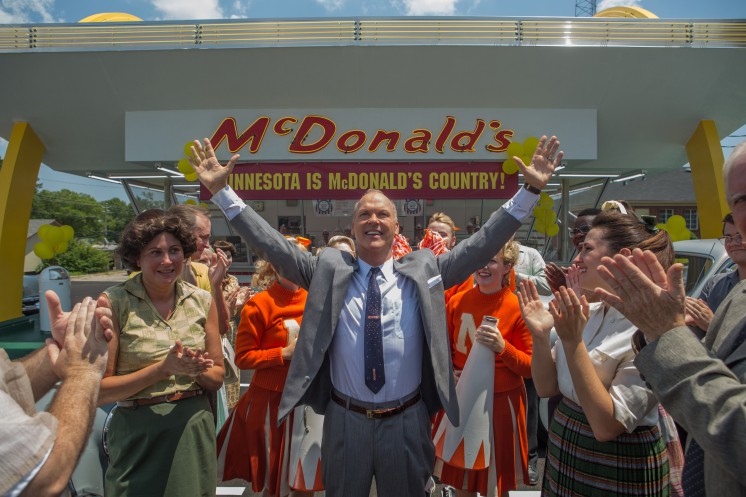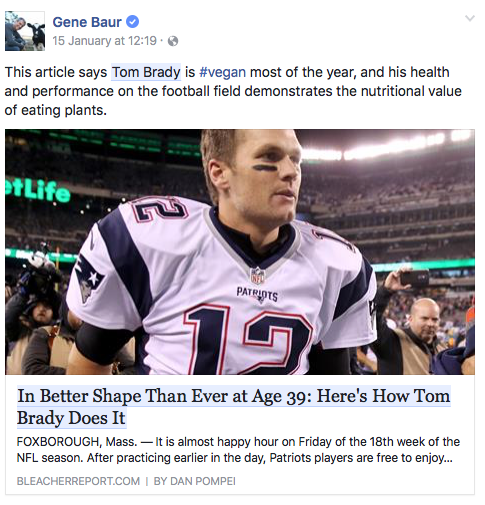
By Jason W. M. Ellsworth
First it was the Mayo Wars, and now we have the Milk Wars!
“If milk comes from a plant, can you still call it milk?” It’s the opening line of a New York Times article in which the dairy industry’s answer is an unequivocal no. The US dairy industry is pressuring congress and the F.D.A. to ban plant-based products such almondmilk or soymilk from using the label “milk.” For many of us, whether or not the carton says “milk” may seem arbitrary. However there is much to be lost, and learned, in this classification war. Examining the surrounding discourse reveals what is at stake for each side and how these types of delegitimizing tactics can have significant consequences in the real world.
So what exactly is “milk” and who decides? In the US, the decision rests largely with the FDA who currently states milk is “obtained by the complete milking of one or more healthy cows”. The new definition proposed by lobbyists will now include milk from other hooved animals such as sheep and goats, yet exclude anything from plants. Continue reading “Got Legit Milk?”











